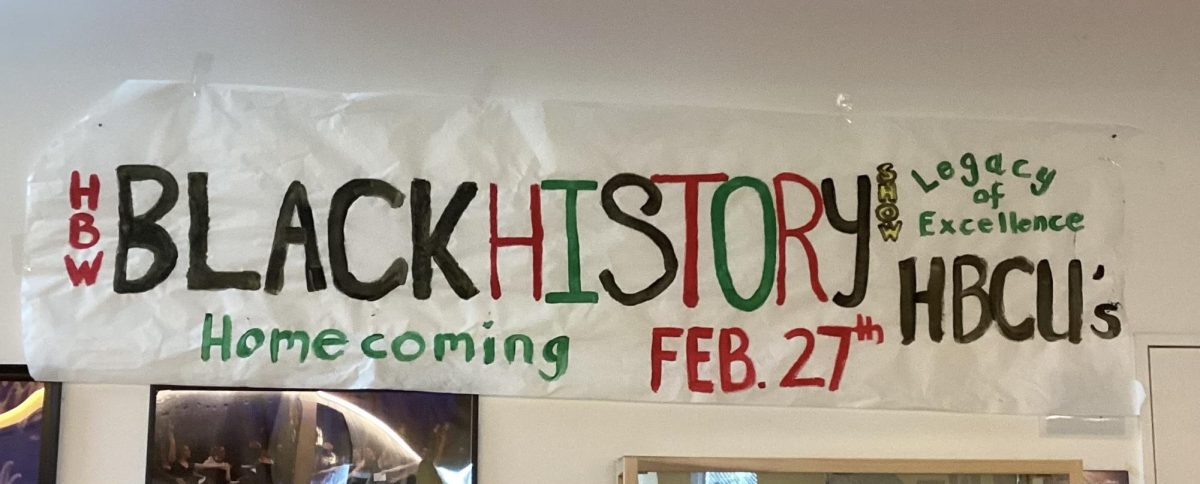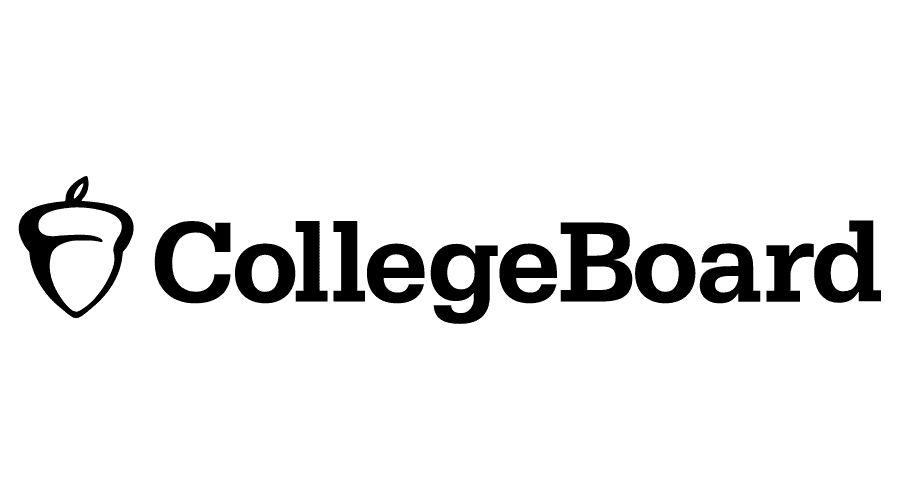The National Recognition Awards are a set of honors gifted to students all across the nation by the College Board to signify academic excellence. Tenth and eleventh grade students are eligible to receive one of three awards in 2025: the School Recognition Award, Rural and Small Town Recognition Award, and First-Generation Recognition Award.
Notably absent are the Black, Hispanic, and Native American Recognition Awards that were retired in an announcement earlier this year. However, the board has chosen to include the new School Recognition honor in 2025, which rewards top students within a specific high school, or from small schools across a region if there are less than twenty test takers attending.
The program was initially started in 1983 to support high-achieving Hispanic students and has since added Black and Native American students in 2020, along with the First-Generation Recognition award in 2024. The awards are used to highlight high performance within college applicants, celebrate academic achievements within a student’s community, and provide students with exposure to members of higher education institutions through the Student Search Service. When applying, students may opt in to the program to be identified and contacted by colleges who are interested in recruitment to programs, camps, and/or the school itself.
According to the College Board, “On average, students contacted by colleges through Student Search get 29% more offers for admission, are 25% more likely to go to college, and are 31% more likely to complete a bachelor’s degree.”
To qualify for the awards, high school students must 1) have a cumulative GPA of 3.3 or higher, and 2) be in the top 10% of PSAT takers in their high school, first-generation students in the state, or statewide rural and small town students. Alternatively, scholars may earn above a three on two or more Advanced Placement (AP) exams before the end of tenth grade to be eligible. Students may nominate themselves for the Rural and Small Town Recognition or First-Generation Recognition award by verifying their school’s location or parent’s highest level of education. However, the nominees for the newly introduced School Recognition award are pooled by the College Board, the entity which administers PSAT and AP exams.
According to the Hechinger Report, “In 2023-24, the College Board issued 115,000 recognition awards, and a little less than half were in the racial categories. The previous year there were more than 80,000 awards and the majority were for Black, Hispanic, and Native American students.” Many regard the awards as prestigious to their communities, with many recipients appearing in local newspapers or on television. Thus, the removal of these awards is even more controversial than it otherwise may have been.
In a statement regarding the changes, the College Board stated that the decision was based on the 2023 Supreme Court decisions against affirmative action within school admissions: Students for Fair Admissions v. University of North Carolina and Students for Fair Admissions v. President & Fellows of Harvard College. The site states afterwards, “Recent legal and regulatory actions have further limited the utility of these [race and ethnicity based] awards for students and colleges.”
Critics argue that the National Recognition awards were created to address racial inequality in academics, and by removing them, the College Board is supporting the gap between races in education. The Hechinger report continues: “On average, Asian and white students score higher on PSATs. White students’ average score on the PSAT last year was 994 compared with 821 for Black students — a gap of 173 points. Asian students’ average was even higher at 1108 while Hispanic and Native American students averaged 852 and 828 respectively.”
Supporters of the policy, however, state that the division has been acknowledged and that such illegal and inefficient policies should not be the solution. Some have also mentioned that by implementing the new School Award, the College Board still recognizes students from all different high schools, which is significant given the differences in education provided by schools from different states or counties.
There have also been conversations about the role of the National Recognition awards themselves since they are not as large a part of an application as the sections in the Supreme Court ruling. While certain states have barred racial consideration in not only applications but scholarships as well, there is a wide range of opinions on whether the awards should be considered a direct scholarship, since the College Board is not the party that would compensate students directly.
Higher education institutions have been developing affirmative action in college admissions since the 1960s. According to Pew Research, 50% of U.S. adults disapproved of race or ethnicity being taken into account as a factor in the admissions process prior to the 2023 Supreme Court Rulings. 29% of these adults said they strongly disapproved, while the other 21% said that they somewhat disapproved. The highest percentage of approval came from 47% of African-American adults, while the highest disapproval came from 57% of White and 52 % of Asian adults. In a survey about how a variety of factors should be considered for college admissions, only seven percent reported they believed race or ethnicity should be a major factor in admissions while another 74% said it should not be a factor at all.
As the debate surrounding affirmative action within college admission grows and develops, the College Board is one of many to revoke their stance on how race and ethnicity should be treated within the admissions process. Following the Supreme Court rulings, several institutions have responded in kind, such as the University of Missouri enacting a ban on further race-based financial aid and the University of Alabama disregarding race in certain scholarship applications. A number of institutions, including Carnegie Mellon and the University of Connecticut, are being investigated by the Department of Education for the involvement of race in the consideration of applicants for their scholarships or graduate programs.
Discussions on the new School Recognition Award have included doubts on whether colleges will take the award seriously, since the honor would be received by the top 10% of students in every single high school in America. Various institutions are rethinking or have stated the omission of the awards’ consideration during academic year 2026-27, such as the University of New Mexico.
Interested students must submit an application by the Spring of eleventh grade, and will receive a certificate from the College Board if they have been honored the following fall. While the implications of these changes are unclear in the coming years, students, teachers, and administrators across the country are eager to hear the results.







































